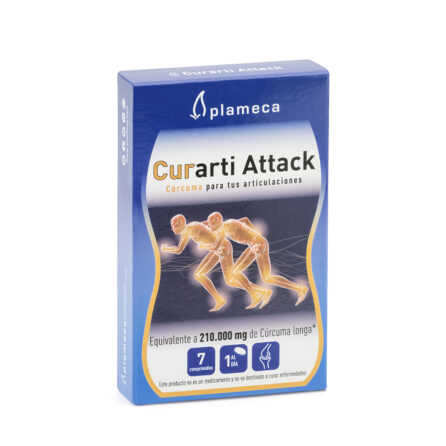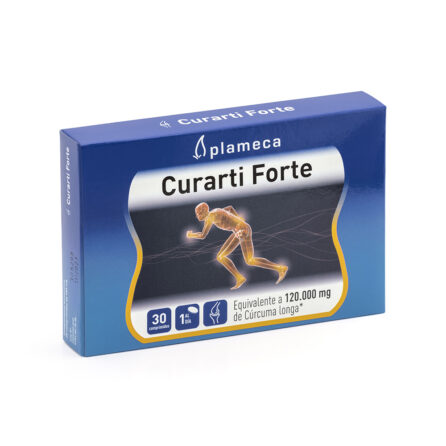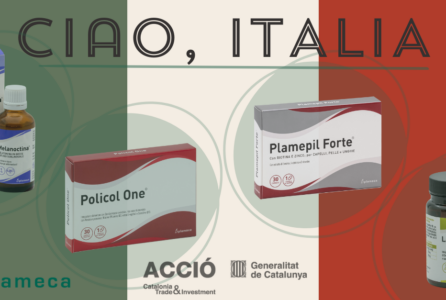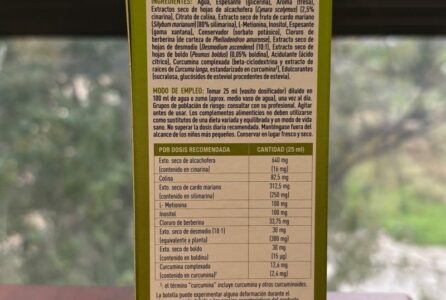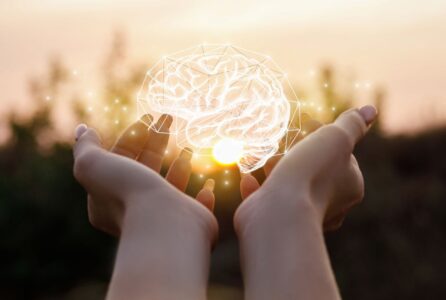There is a belief that the more we give of ourselves (in sports, at work and, ultimately, in life), the better. But we forget a very important part without which all the previous effort is useless: recovery.
Training and recovery
Professional athletes have it clear. Training has two phases: training, understood as the physical exercise part, and recovery or rest. And we must give equal importance to both if we want to achieve optimal results.
Small fibrillar tears due to the stress to which we subject the muscles, loss of water and mineral salts are some of the effects caused internally by the training phase.

Resting is not wasting time
You are probably wondering what are the benefits of recovery after sport. In addition to recovering lost water and mineral salts, you need to consume carbohydrates and proteins to rebuild and strengthen your muscles.
One of the most common mistakes? Sleeping too little to gain training hours. While we sleep we release testosterone and growth hormones, which are responsible for repairing the tissues we have damaged while training. But if this is not enough for you, pay attention to the fact: the Henry Ford Sleep Laboratory showed that those who sleep only 6 hours or less are more prone to injuries and sensitive to pain.
Not to mention that during the REM phase the brain assimilates everything you have learned during the day, including the sports technique you have been practicing.
Easy and cheap, all experts agree: sleep is the most effective way to recover.

Active recovery
Rehydrating, eating well and resting are not the only ways to speed up physical recovery. Stretching, cryotherapy, infrared saunas and massages are widespread among athletes.
Do you use any recovery techniques?



